Environmental Benefits of Using Livestock Fermentation Tanks
Introduction
The adoption of fermentation tanks in livestock farming has brought about significant environmental benefits. This article explores the various ways in which these tanks contribute to environmental sustainability and improved waste management practices.
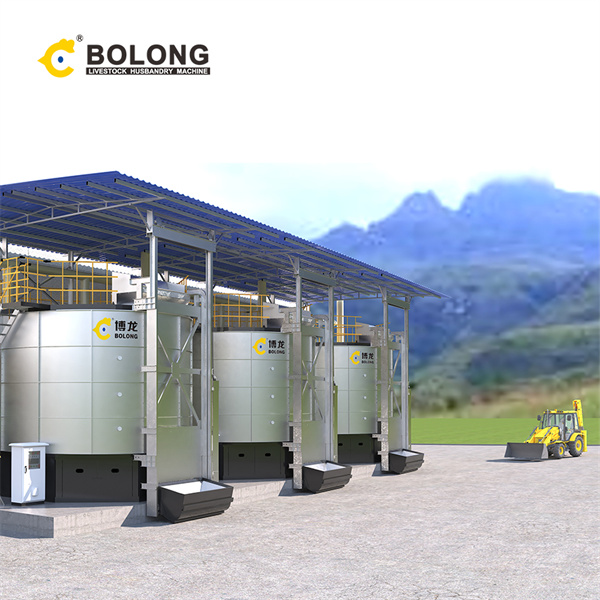
Reduction in Greenhouse Gas Emissions
Methane and Ammonia Reduction
Fermentation tanks help in breaking down organic waste efficiently, reducing the emission of harmful gases like methane and ammonia.
This reduction is crucial for lowering the overall greenhouse gas footprint of livestock farms.
Controlled Decomposition
The controlled environment within fermentation tanks ensures that decomposition occurs in an aerobic state, minimizing the production of methane, a potent greenhouse gas.
Odor Control and Air Quality Improvement
Ammonia Absorption
Advanced systems in fermentation tanks absorb ammonia, a primary source of odor in livestock farms.
This absorption significantly improves air quality, both within the farm and in surrounding areas.
Activated Carbon Filters
These filters trap and neutralize odor-causing compounds, further enhancing air quality and creating a more pleasant working environment for farm workers.
Efficient Waste Management and Nutrient Recycling
Conversion to Organic Fertilizer
Fermentation tanks convert livestock waste into high-quality organic fertilizer, promoting nutrient recycling.
This process not only reduces waste but also provides a valuable by-product that can enhance soil health.
Reduction in Waste Volume
The fermentation process significantly reduces the volume of waste, making it easier to manage and less likely to cause environmental contamination.
Soil and Water Conservation
Improved Soil Health
The organic fertilizer produced from fermentation tanks is rich in essential nutrients, which improves soil structure and fertility.
This results in healthier crops and reduced need for chemical fertilizers.
Prevention of Nutrient Runoff
By converting waste into stable organic matter, fermentation tanks prevent nutrient runoff into nearby water bodies.
This helps in protecting water quality and reducing the risk of eutrophication.
Contribution to Sustainable Agriculture
Resource Efficiency
Fermentation tanks promote efficient use of resources by recycling waste into valuable inputs for crop production.
This aligns with sustainable agricultural practices and reduces the reliance on synthetic inputs.
Compliance with Environmental Regulations
The use of fermentation tanks helps livestock farms meet stringent environmental regulations.
This compliance is crucial for maintaining operational licenses and avoiding fines or penalties.
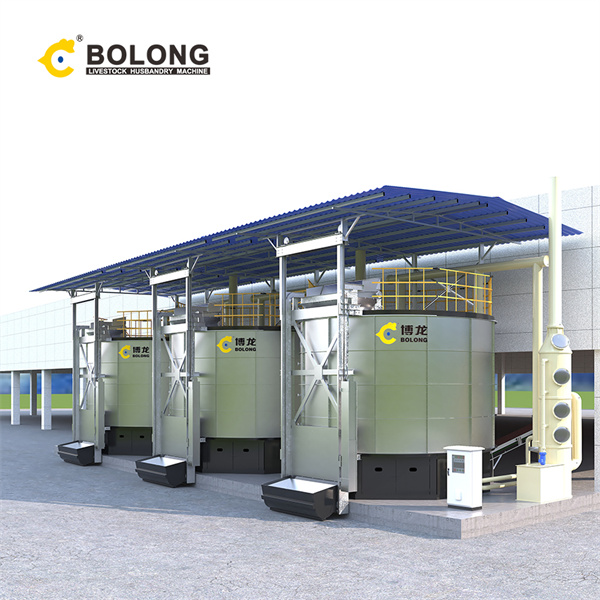
Conclusion
The environmental benefits of using fermentation tanks in livestock farming are substantial. From reducing greenhouse gas emissions and controlling odors to improving waste management and enhancing soil health, these tanks play a pivotal role in promoting sustainable agriculture. By adopting fermentation tanks, livestock farmers can significantly contribute to environmental conservation while also improving their operational efficiency and productivity.
-
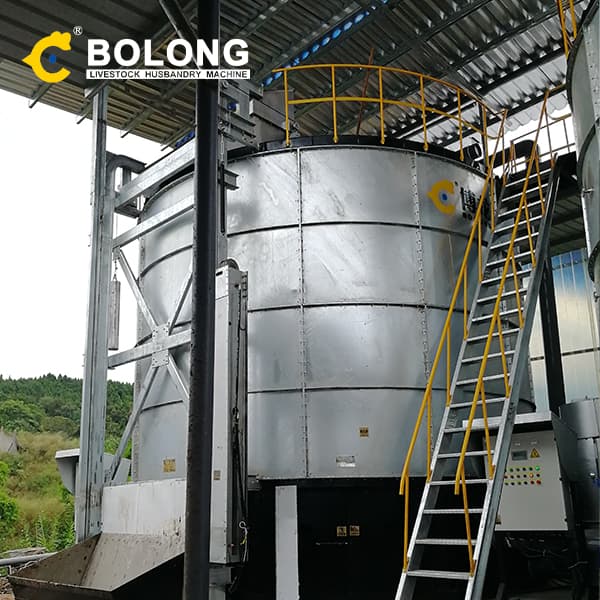 innovative animal dung composting tank24-08-31Sustainability | Free Full-Text | Optimization and Experiment Jul 21, 2023 · As livestock and poultry farming expands in China, the generation of fecal waste has significantly increased. Inadequ...
innovative animal dung composting tank24-08-31Sustainability | Free Full-Text | Optimization and Experiment Jul 21, 2023 · As livestock and poultry farming expands in China, the generation of fecal waste has significantly increased. Inadequ... -
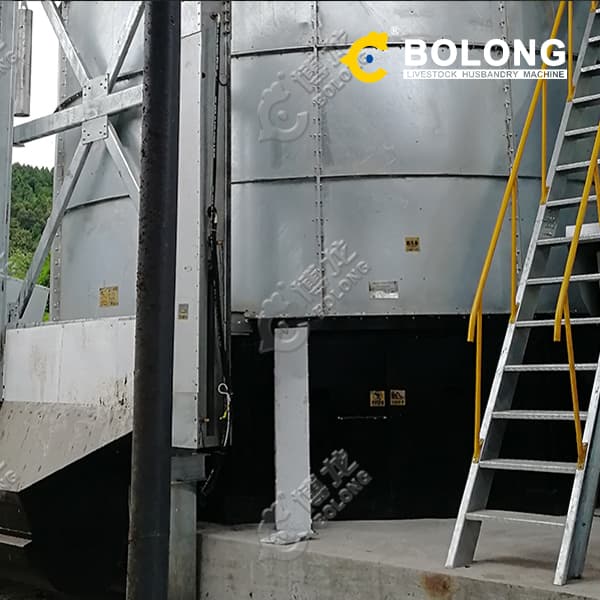 high-quality organic fertilizer composting system24-08-31Compost 101: A Beginner’s Guide to Organic Composting Dec 13, 2023 · Discover the essentials of organic composting with our comprehensive beginner's guide. Learn how to transform kitchen and gard...
high-quality organic fertilizer composting system24-08-31Compost 101: A Beginner’s Guide to Organic Composting Dec 13, 2023 · Discover the essentials of organic composting with our comprehensive beginner's guide. Learn how to transform kitchen and gard... -
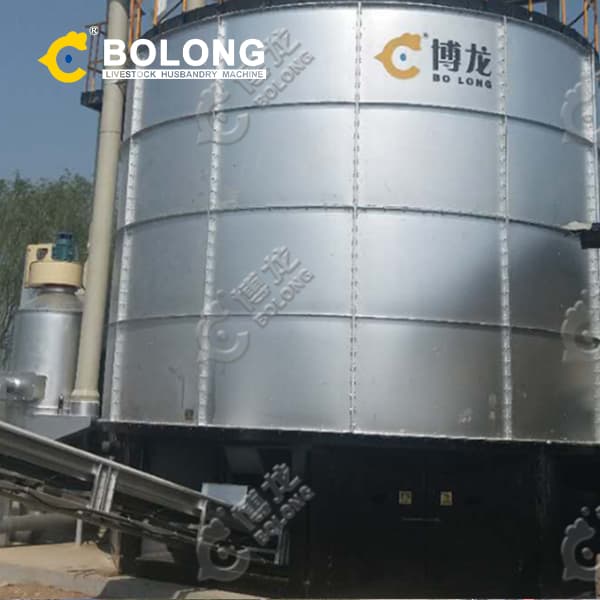 reliable chicken dung compost vessel24-08-31Chicken Manure Compost in Just 18 Days - Salt in my Coffee Jul 2, 2024 · That happens to be the perfect balance for a good hot compost pile. And from what I could see, the deep layers of pine sha...
reliable chicken dung compost vessel24-08-31Chicken Manure Compost in Just 18 Days - Salt in my Coffee Jul 2, 2024 · That happens to be the perfect balance for a good hot compost pile. And from what I could see, the deep layers of pine sha... -
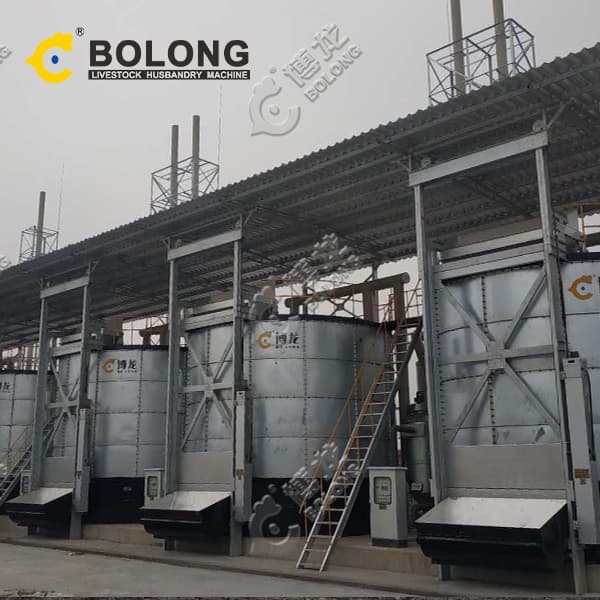 large scale poultry manure compost tank24-08-31easy operated large scale composting-Fermentation Control 2024/5/1/ · The activities of CMCase, β-Gase and FPase were detected at 0.365 U/g, 0.115 U/g and 0.096 U/g on day 0 of composting. As sho...
large scale poultry manure compost tank24-08-31easy operated large scale composting-Fermentation Control 2024/5/1/ · The activities of CMCase, β-Gase and FPase were detected at 0.365 U/g, 0.115 U/g and 0.096 U/g on day 0 of composting. As sho...